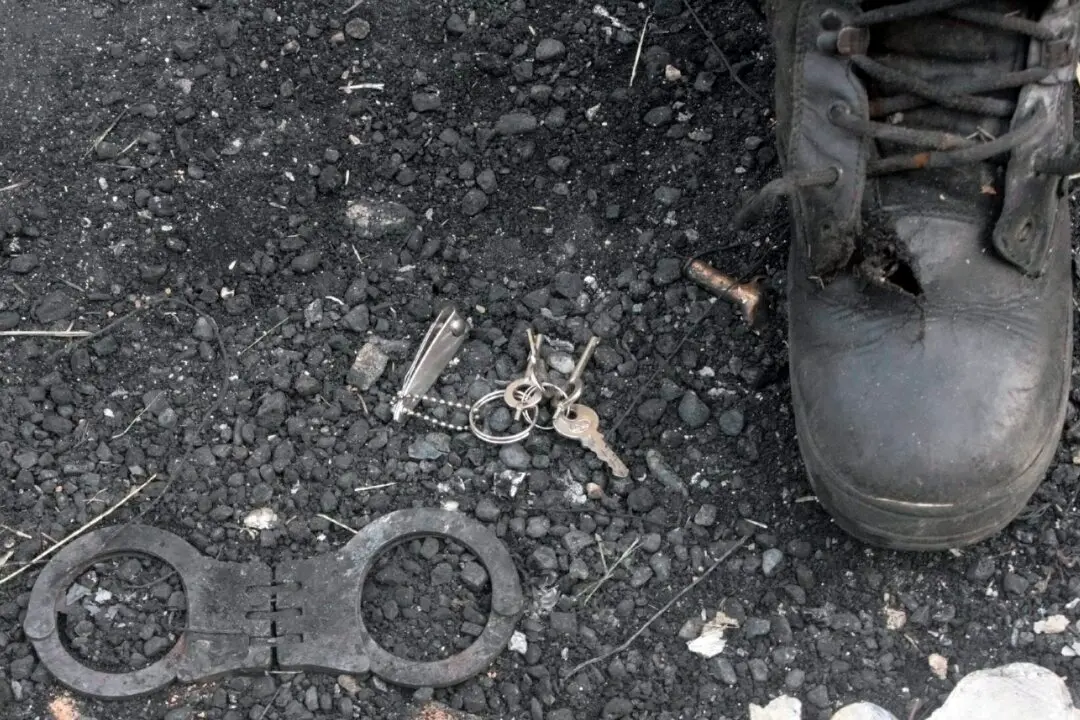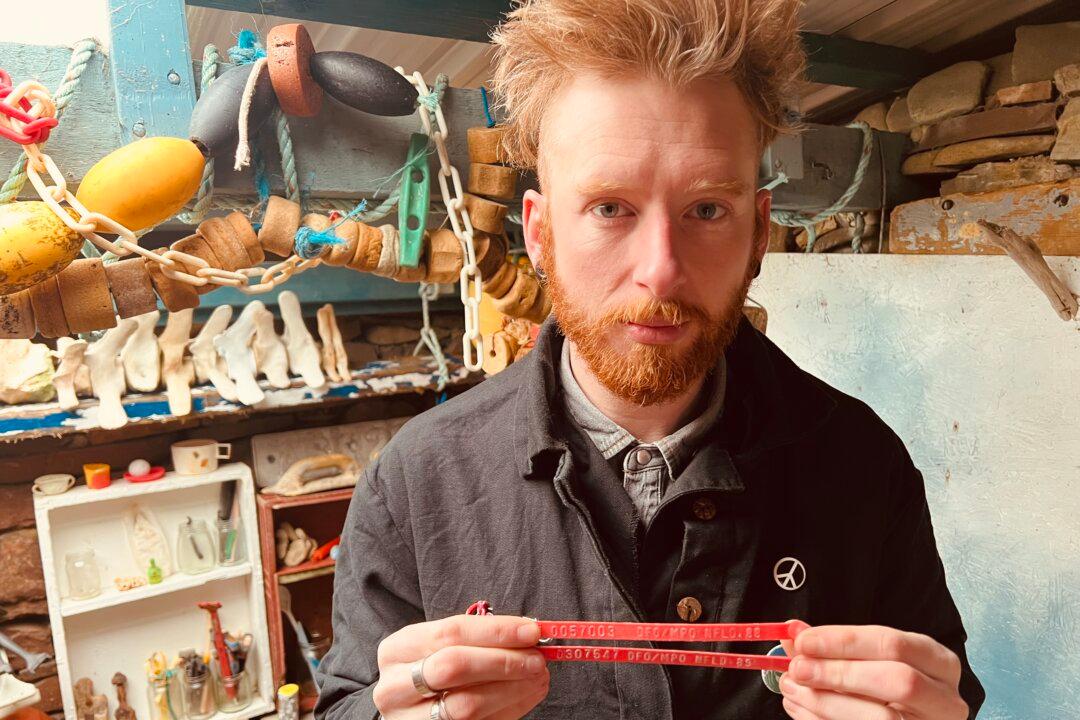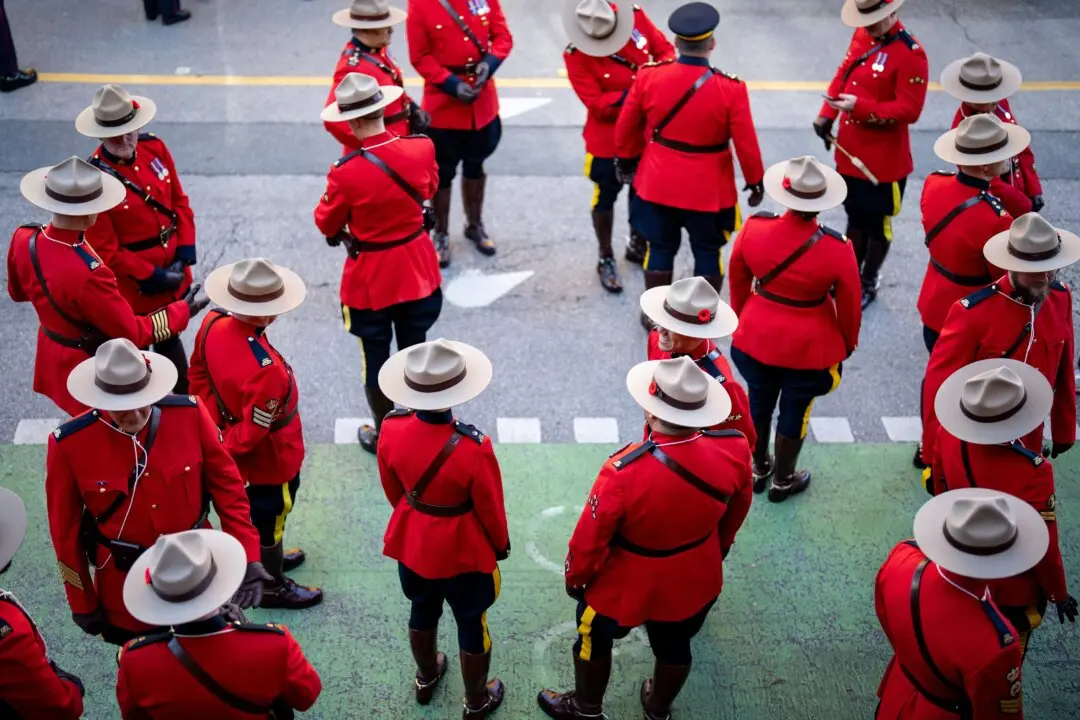OTTAWA—Prime Minister Justin Trudeau is suggesting the House of Commons could resume business during the COVID-19 pandemic using a “hybrid” model, in which some MPs are physically in the chamber while others participate virtually.
Trudeau suggested he is open to the idea Wednesday as the governing Liberals were in the midst of negotiations with the four main opposition parties to determine in what form Parliament may or may not return next week.





